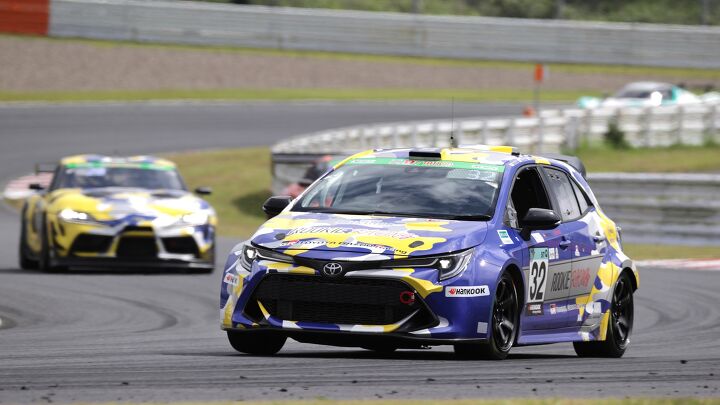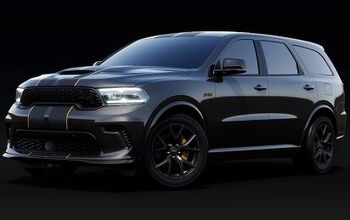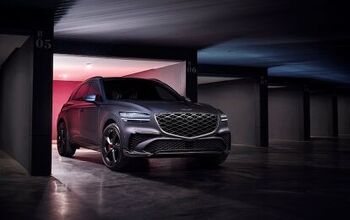Carbon Negative: Toyota Working On a Carbon Capture Filtration System

Toyota has taken an all-around beating for its decision to focus on a diverse array of alternative fuels and electrification options instead of going all-in on EVs, but that approach has started to look more prudent as other companies struggle with slower-than-expected growth. The Japanese auto giant has developed hydrogen powertrains and been a staunch supporter of hybrid technologies, and now it is testing a new engine that can remove carbon from the air.
The carbon capture engine first appeared in a GR Corolla race car last year as part of a hydrogen fuel cell powertrain. It was already a zero-emissions configuration, but the added filtration system can actually remove carbon from the air around the car.
“This type of technology to capture carbon dioxide in the atmosphere is advancing rapidly in the infrastructure industry. But as far as we know, Toyota is the first company to test this technology in a vehicle,” Naoaki Ito, Gazoo Racing’s project general manager, said.
Toyota’s carbon capture system uses two filters and a fluid reservoir that traps carbon dioxide. It uses no energy, and the fluid moves into the reservoir using the engine’s heat. The automaker worked with Kawasaki Heavy Industries to develop the filters, which are similar to the technology used in modern exhaust systems.
Though Toyota tested the system in a hydrogen fuel cell vehicle, it said the tech would work with any motorized vehicle, including ones with gas engines. Right now, however, the system doesn’t capture as much carbon as a traditional vehicle produces in regular operation, so there’s work to do to make it commercially viable.
[Image: Toyota]
Become a TTAC insider. Get the latest news, features, TTAC takes, and everything else that gets to the truth about cars first by subscribing to our newsletter.

Chris grew up in, under, and around cars, but took the long way around to becoming an automotive writer. After a career in technology consulting and a trip through business school, Chris began writing about the automotive industry as a way to reconnect with his passion and get behind the wheel of a new car every week. He focuses on taking complex industry stories and making them digestible by any reader. Just don’t expect him to stay away from high-mileage Porsches.
More by Chris Teague
Latest Car Reviews
Read moreLatest Product Reviews
Read moreRecent Comments
- KOKing BYD doesn't sell _consumer_ vehicles in the US. They've been selling transit buses for several years, and are building a school bus factory.
- 1995 SC 53k at the cheapest seems pretty steep. Do we know the plug in range or any other specifics?
- 28-Cars-Later "The Shark PHEV pickup will be sold globally for a starting price of around $53,400"Things starting to heat up as this is further evidence of PRC based/owned firms using USMCA to their advantage... though is a 53,000 USD truck going to sell in Mexico? Maybe their economy is closer to that of the US and ours switched to being closer to historical Mexico?
- ToolGuy The real reason for the border wall: keep me from walking down there and buying one of these.
- Daniel J I'm sort of libertarian, but I do recognize that government has to support infrastructure.The question is, are charging stations under the purview of infrastructure? Gas Stations aren't.The next question is, why is the federal government involved? At the very least, shouldn't this be an initiative at the state level?

































Comments
Join the conversation
Need a way that's energy efficient & good for the environment to capture carbon.
Trees?
I hope the carbon filter isn't TOO efficient. People (and all life on this planet) are all carbon-based lifeforms. I don't want to get suctioned by a carbon filter while driving!